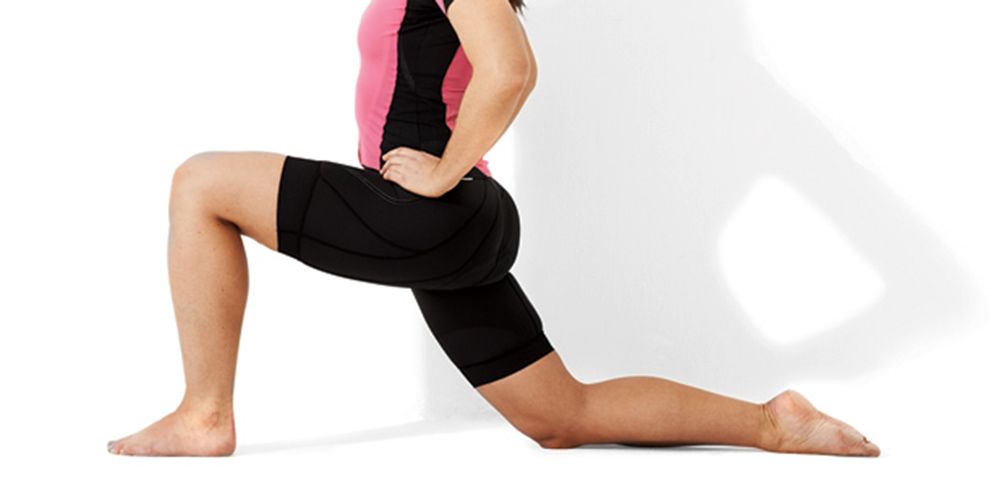One of the most common causes of hip flexor pain is due to tendonitis. Tendonitis can be described as being a tendon inflammation.
Tendons are responsible for attaching the muscles in our bodies to specific bones so that we can move around effortlessly. However, when tendon inflammation strikes it leads to muscle damage and a lot of uncomfortable pain.
In hip flexor tendonitis the tendons that attach to the hip flexor muscles are damaged due to an excessive amount of inflammation. This inflammation causes a lot of hip flexor pain that makes it difficult for you to walk, run, and do other simple daily activities.
Cause
The number one cause of hip flexor tendonitis is due to the overuse of certain muscles. Generally when your hip flexor muscles are overworked it can cause tendonitis in the area.
This is why professional athletes or people who do a lot of running and activities that engage the hip flexors are more prone to experience this problem. With that being said, the best way to prevent this problem is to stretch or give your body rest as much as you can if you’re an athlete or someone who does a lot of physical activities.
Diagnostic
Hip flexor tendonitis has lot of the same symptoms as other injuries so it can be hard sometimes to determine if it is the true cause. The best way to determine if the hip flexor pain you’re experiencing is due to tendonitis is to try to determine when you began feeling the pain.
If you can pinpoint when you started experiencing the pain and discomfort you’ll be able to determine whether or not you’re suffering from hip flexor tendonitis and not just a strained muscle.
If you are not able to determine whether or not your hip flexor pain is due to tendonitis it’s best to visit a doctor so they can give you a definite answer. A qualified doctor will put you through a series of tests to give you an appropriate answer.
How To Stop Hip Flexor Tendonitis
If you have hip flexor tendonitis there are definitely some simple things you can begin doing now to ease the pain it’s causing. Check below for some simple solutions to stop and get rid of tendonitis in your hip flexor:
Stop All Physical Activity
Putting a stop to all physical activity is a good idea if you suspect you have tendonitis in your hips. Your tendonitis will not heal if you continue with regular daily activities without resting first.
Ice
Icing the hip flexor area is a great way to slow down the inflammation on the tendons. Grab yourself an ice pack from your local pharmacy and apply it to the affected area. For the best results you’ll need to keep the ice pack on the area for at least 20 minutes. Repeat the 20 minute application of the ice on your hip flexors a few times each day to get some fast pain relief.
Anti-inflammatory Medication
Using certain anti-inflammation medications can give you some quick relief from hip flexor pain due to tendonitis. The best thing for you to do is discuss the best anti-inflammatory medications to use to help reduce inflammation in and around your hip flexor muscles.
Illiopsoas Massage
The illiopsoas is one of the main muscles that make up your hip flexors. This major muscle is often the one mainly affected by this inflammatory condition so it makes sense to target it specifically.
We recommend making an appointment with a licensed massage therapist who knows how to properly work the illiopsoas muscle and bring you immediate relief from your tendonitiis.
Conclusion
These are just a few of the treatments for hip flexor tendonitis that can help bring you relief from the pain and discomfort you’re feeling.
Continue with these treatments outlined above to continue reducing the inflammation around your hip flexor muscles.
